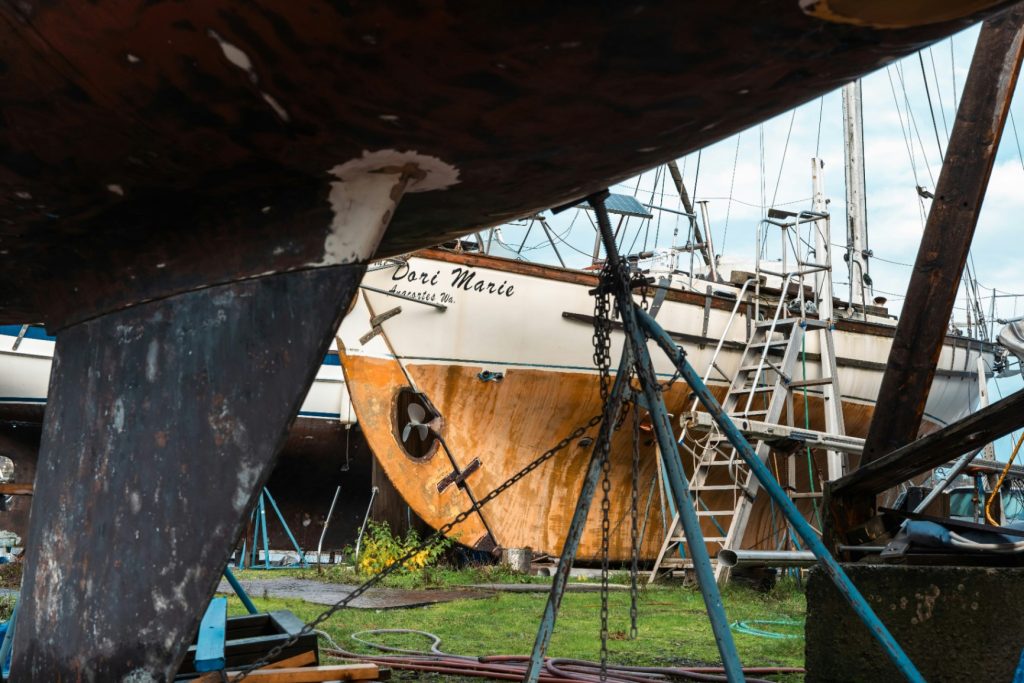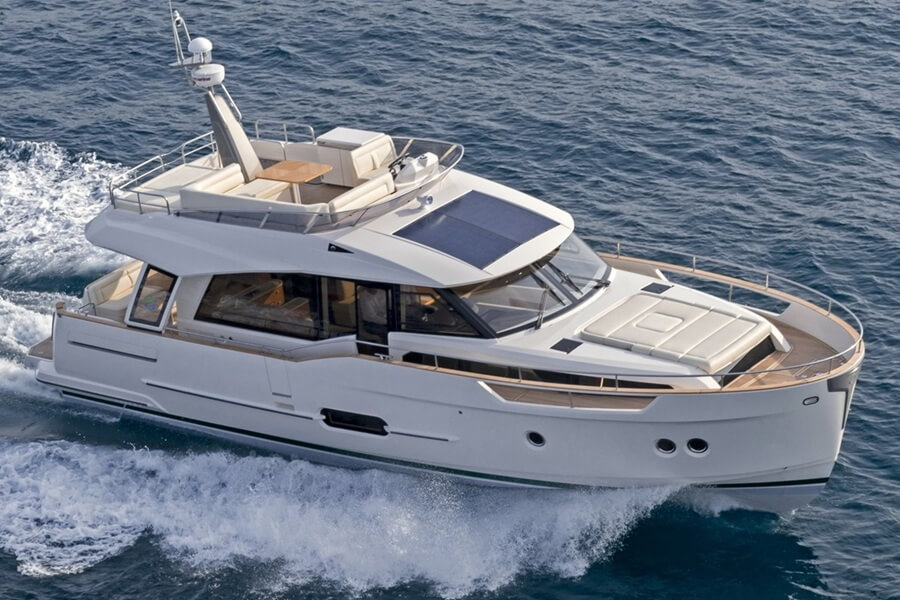Understanding Essential Boat Maintenance Needs
Proper maintenance is crucial for ensuring the longevity and performance of any vessel. By understanding the fundamental needs of boat maintenance and implementing effective strategies, owners can preserve their investment and enjoy smooth sailing experiences.
Maintaining a boat involves more than just routine cleaning. It requires a comprehensive understanding of the vessel’s systems and components to ensure optimal performance and safety. Regular inspections and timely servicing of the engine, electrical systems, and hull are vital. These elements are the backbone of any vessel, and neglecting them can lead to costly repairs and potential safety hazards. A proactive approach to maintenance helps in identifying issues before they escalate, ensuring that the boat remains seaworthy.

Beyond the mechanical aspects, environmental factors also play a significant role in boat maintenance. Exposure to saltwater, UV rays, and varying weather conditions can lead to wear and tear. It’s essential to use appropriate protective measures, such as covers and anti-corrosion treatments, to mitigate these effects. Understanding the specific maintenance needs of your boat based on its usage and storage conditions will guide you in implementing an effective care routine.
Top 5 Tips for Effective Boat Care and Management
1. Regular Engine Checks: The engine is the heart of your boat. Regularly inspect it for signs of wear, leaks, or corrosion. Change the oil and filters as recommended by the manufacturer to ensure smooth operation. Keeping the engine in top condition not only enhances performance but also extends its lifespan.
2. Hull Maintenance: The hull is constantly exposed to harsh marine environments. Regular cleaning and inspection for cracks or blisters can prevent structural damage. Applying anti-fouling paint helps protect against marine growth, which can affect speed and fuel efficiency.
3. Electrical System Inspection: Electrical issues can be challenging to diagnose and repair. Regularly check all connections, batteries, and wiring for signs of wear or corrosion. Ensure that all navigation and communication equipment is functioning correctly to avoid unexpected failures at sea.
4. Safety Equipment Check: Safety should never be compromised. Regularly inspect life jackets, fire extinguishers, and emergency signaling devices. Ensure that all safety equipment is accessible and in good working order, as it is crucial for the well-being of everyone on board.
5. Proper Storage: How you store your boat significantly impacts its condition. Whether in water or on land, use appropriate covers and supports to protect it from the elements. Proper storage prevents unnecessary damage and reduces maintenance needs over time.

Effective boat maintenance requires a thorough understanding of both mechanical and environmental factors. By implementing regular checks and protective measures, boat owners can safeguard their vessels against potential issues. Prioritizing engine care, hull integrity, electrical systems, safety equipment, and proper storage ensures a reliable and enjoyable boating experience.
This article has been sourced from press releases and cross-referenced with multiple trusted websites. Facts originally seen at Source along with other Sources. Images are credited to Source. While efforts have been made to ensure accuracy, readers are encouraged to verify details independently.











